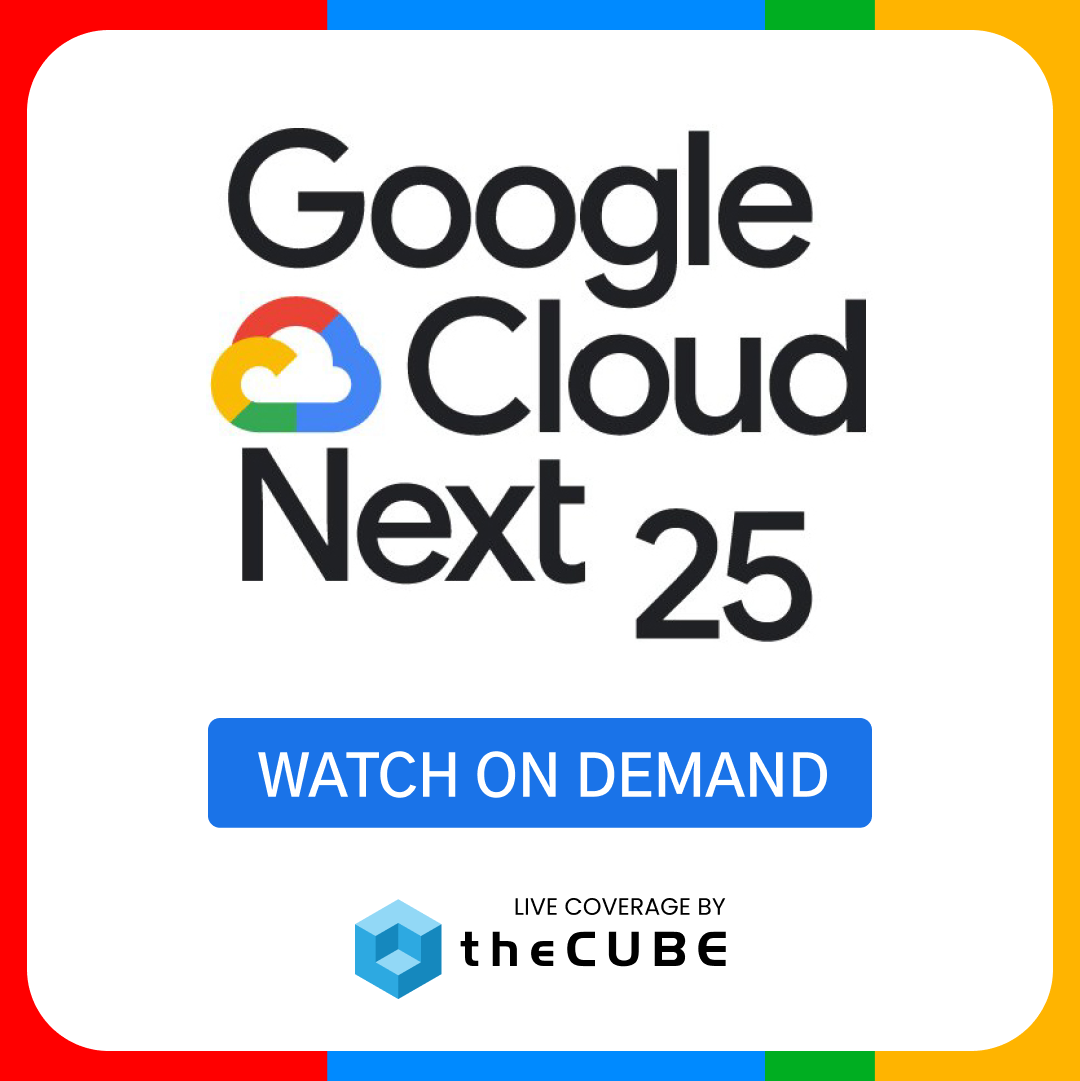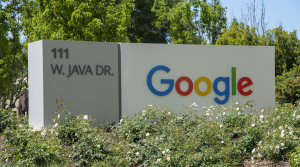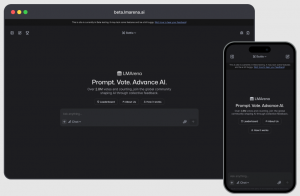Breaking Analysis : Facebook + Onavo Boosts Web Power, Mobile IaaS
Can a social networking giant break free from the norm and deliver more than just check-ins to consumers? Facebook’s acquisition of Onavo is certainly a step in that direction, boosting the infrastructure demands currently limiting some users from readily accessing the web. As smartphones, tablets and other connected devices take over, Facebook could have a vested interest in helping end users stay connected. Infrastructure-as-a-Service has become big business for the enterprise, but can Facebook help revolutionize the consumer market around IT products and services?
![]()
In a IDC report released last September, it was predicted that the worldwide smart connected device market will accelerate past two billion units by the end of 2015, attaining a market value of $735.1 billion. This will tremendously hurt the PC business, expected to see a drop from 28.7 percent market share in 2013 to 13 percent in 2017, giving a huge space for the tablet and smartphone market to grow even further. The tablet market is expected to grow from 11.8 percent market share in 2013 to 16.5 percent by 2017, while the smartphone market is expected to increase from 59.5 percent to 70.5 percent during the same period.
Consumers need more Infrastructure
As people go mobile, the need for something to support that industry is increasing. While the majority of infrastructure products and services are industry-strength, the consumerization of IT and the unstoppable growth of connected devices will spur more infrastructure needs in this market. And those most interested in providing the home servers, WiFi and networking components would seemingly be those services already knee-deep in the consumer market. We’ve already seen Google and Amazon extend their technology, originally designed to support their consumer services, to the enterprise. Will the tech giants take it a step further and offer more IT products and services directly to consumers?
Facebook IaaS?
Facebook could be the one bridging that gap. The social network has a great deal at stake, with a recovering stock price and high expectations for mobile growth. As Facebook marches towards global domination, boasting a user base that’s notably larger than the U.S. population, it’s certainly in the network’s best interest that every person has ready access to the web. Facebook is gaining activity in the consumer “IaaS” space, with key acquisitions and partnerships to promote connectivity for its existing and potential users alike.
![]() The most recent development is Facebook’s acquisition of Onavo, an Israel-based company that lets you use less data on your smartphone, for efficiency sake. This buy, estimated between $150-$200 million, is specifically beneficial toward’s Facebook’s goals of powering the web in developing countries, where mobile internet access is on the rise and Facebook has plenty of growth potential.
The most recent development is Facebook’s acquisition of Onavo, an Israel-based company that lets you use less data on your smartphone, for efficiency sake. This buy, estimated between $150-$200 million, is specifically beneficial toward’s Facebook’s goals of powering the web in developing countries, where mobile internet access is on the rise and Facebook has plenty of growth potential.
To cut down on smartphone data usage, Onavo leverages compression technology. The perk is evident in the developing world, where the infrastructure does not yet support competitive data plans, the end result being less data used, and charged, for mobile users. The company already had major telecom investors including Motorola Mobility Ventures, as well as Sequoia Capital, Horizons Ventures and Magma Venture Partners.
- Facebook’s “IaaS” partners connect users + brands
Facebook has been to this dance with other partners, too. In a recent team up with Cisco, Facebook launched a program to allow retailers to take advantage of information willingly given by shoppers who opt to share them when they connect to the free WiFi.
They’ve made the act of connecting to free WiFi an easy task, too, requiring just a user’s Facebook credentials. And with that, retailers, hoteliers, restaurants, and more businesses will be able to engage and analyze what customers and guests want.
Though Facebook WiFi’s security and privacy has been questioned, the fact that it’s free, there’s a huge chance that Facebook users will have no problem checking-in and sharing a bit of information.
Does Facebook have a chance in the cloud?
The question now is, will Facebook be the one to go the B-2-C route to differentiate in the public cloud market? Wikibon Senior Analyst Stu Miniman thinks Facebook’s mobile endeavors indicate the network isn’t ready to offer infrastructure products directly to consumers, despite its own bar-raising architecture built specifically to power one of the world’s largest digital collections.
![]() “Facebook definitely has put a ton of money into architecture. It probably has the largest photo repository in the world. Facebook also uses Fusion-io as a key enabler of fast response time,” Miniman states. “But, I don’t see how it makes much sense for Facebook to transition to trying to serve the business marketplace, as you point out, it’s a consumer focused company. Amazon had a long history of dealing with suppliers and Google has a strong business focus.
“Facebook definitely has put a ton of money into architecture. It probably has the largest photo repository in the world. Facebook also uses Fusion-io as a key enabler of fast response time,” Miniman states. “But, I don’t see how it makes much sense for Facebook to transition to trying to serve the business marketplace, as you point out, it’s a consumer focused company. Amazon had a long history of dealing with suppliers and Google has a strong business focus.
“Facebook’s ill received mobile offering shows that the company isn’t ready to branch out,” Miniman stated.
Even if Facebook isn’t ready to make a business of it, the social network is actively working in the field to help improve technology, even if for selfish reasons.
In August, Facebook unveiled its version of Apache Giraph, an open source project set to unleash “the potential of structured datasets at a massive scale.” Facebook is in the process of using Apache Giraph to analyze its Social Graph since it is able to scale at an incredibly high rate. What this means for consumers is better search results in a small amount of time.
Consumer connectivity a priority for US infrastructure
Facebook isn’t the only one reaching out to consumers using enterprise-grade infrastructure. Google’s been experimenting with a few things, more notably Google Fiber. And back in July, Starbucks announced that it has partnered with Google to provide next generation WiFi offering for its customers. Because of Google, Starbucks customers will enjoy using internet connections that are up to 10 times faster. The deployment of Google in Starbucks stores will happen over the next 15 months to upgrade more than 7,000 US stores. Starbucks and Google will also work on co-developing the next-generation Starbucks Digital Network.
“Google has always invested in projects that help the Internet grow stronger, including projects that make Internet access more affordable and more widely available. We hope that speedier Internet will make the time customers spend at Starbucks even more enjoyable and productive,” said Kevin Lo, the General Manager of Google Access.
Below is a clip of Contributing Editor John Casaretto discussing Google Fiber and the emerging market around consumer infrastructure services:
photo credit: Enthuan via photopin cc
A message from John Furrier, co-founder of SiliconANGLE:
Your vote of support is important to us and it helps us keep the content FREE.
One click below supports our mission to provide free, deep, and relevant content.
Join our community on YouTube
Join the community that includes more than 15,000 #CubeAlumni experts, including Amazon.com CEO Andy Jassy, Dell Technologies founder and CEO Michael Dell, Intel CEO Pat Gelsinger, and many more luminaries and experts.
THANK YOU

















